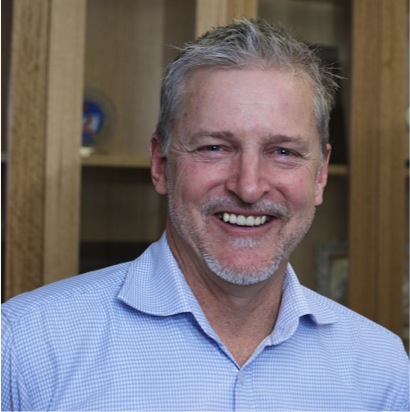 Dr. Geoff Woolcott
Dr. Geoff Woolcott
Geoff is Associate Professor of Mathematics and Science Education in the School of Education at Southern Cross University, Australia. He is an experienced scientist educator with over 30 years experience in the education and research sectors. He has successfully undertaken educational and leadership roles in the primary, secondary and tertiary education sector both nationally and internationally and has considerable experience in the development of innovative educational resources, such as competitions and assessments used in Australia and Asia. He maintains an involvement with schools through research-based collaborations across Science, Technology, Engineering and Mathematics (STEM) in both primary and secondary schools. He has a strong background in funded collaborations in both science and education, and research management roles both nationally and internationally. He has combined his research base in systems biology with studies in education to enable a transition to his recent research on scientific approaches to educational theories and practices. His recent publications, with their focus on STEM education and the Learning Sciences, reflect this transition and he is expanding this research profile within such areas as networks and complexity theory in order to develop studies of education that are based in scientific empiricism.
On February 1, from 12 until 1 pm, in the LINK Lab (Rm 246 in Nedderman Hall)
Dr. Geoff Woolcott delivered the following public presentation:
Title: Connectivity and Systems Approaches to Educational Research
Abstract:
Dr. Geoff Woolcott, will present an outline of his recent research related to our connections with each other and the world. He will focus on outlining five recently completed projects under the research umbrella of “how people learn stuff”. Geoff has indicated that he is happy to deal with topics in more detail as interest directs.
- Analysis of inferred longitudinal relationships between mathematics multiple choice test items, based on shared outcomes/concepts, and items in Years 3-6
- It’s part of my life: Engaging university and community to enhance science and mathematics education. A three-year $1 million project undertaken within a complexity framework.
- Student-centred service integration based on identification of risk factors in undergraduate university education. A two-year project that uses multifactorial analysis based in networked social ecologies.
- Bite size Maths: Building mathematics capability of low SES students in regional/remote Australia. A one-year project to create a maths MOOC based on cognitive load theory and with feedback from students.
- Collaborative networks, impact and sustainability. There are a number of projects that deal with these crucial research issues – approaches are based in social network analysis.

